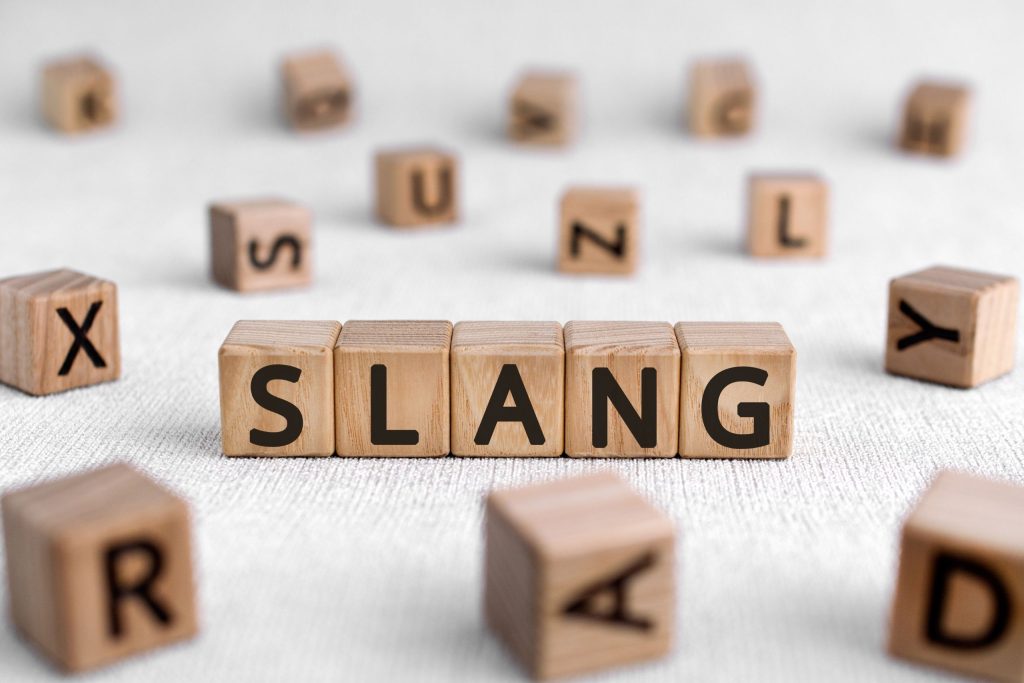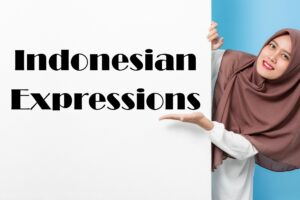With its rich cultural heritage and linguistic diversity, Indonesia is a fascinating country to visit or live in. With more than 300 native ethnic groups and over 700 spoken languages, the Indonesian language—Bahasa Indonesia—is a harmonizing force in this diverse archipelago. While Bahasa Indonesia is the country’s national language, local lingo and Indonesian slang, or ‘slang Indonesia,’ have carved out their distinct places in everyday conversations.
So, whether you’re planning to visit Indonesia or want to expand your linguistic knowledge, understanding Indonesian slang can offer a deeper insight into Indonesian culture and society.
Indonesian Slang: A Cultural Kaleidoscope
Before we explore some of the most popular Indonesian slang words, it’s essential to grasp why this linguistic phenomenon is so relevant. Just as Indonesia is a mixture of numerous ethnic groups, each with its unique customs and language, so is Indonesian slang a reflection of the country’s cultural diversity. Slang words are often born out of the necessity for brevity, informality, and a pinch of humor in conversations. Additionally, they provide insight into social trends, youth culture, popular expressions, and even political commentary in Indonesia.
What is Indonesian Slang?
Indonesian slang, sometimes called ‘Bahasa Gaul’ or ‘Prokem,’ has its roots in the Jakartan language, the colloquial speech used in the capital city, Jakarta. Its informal nature, playful tone, and creative wordplay mark it. Slang Indonesia has evolved and spread across the country, influenced by pop culture, internet lingo, and local dialects.
Unlike standard Bahasa Indonesia, which is more formal and often used in education, legal proceedings, and media, Indonesian slang is dynamic, contemporary, and often region-specific. It is frequently used among friends, on social media, and in casual situations.
A Guide to Common Indonesian Slang Words
Indonesian slang (“Bahasa Gaul”) transforms the standard Bahasa Indonesia into a vibrant, dynamic language that mirrors the country’s youthful energy and evolving pop culture. Here are some commonly used Indonesian slang words that could give you an edge when engaging in local chitchat:
- Gue: This is the informal version of ‘I,’ replacing the formal ‘Saya.’
- Lo: This is the colloquial counterpart of ‘you,’ replacing the standard ‘Kamu.’
- Anjay: A versatile expression that can denote surprise, excitement, or disbelief.
- Cuy: This word is akin to ‘dude’ or ‘mate’ in English, often used among friends.
- Kece: Short for ‘Keren cekali,’ ‘Kece’ is the equivalent of saying ‘very cool.’
- Mager: A contraction of ‘Malas gerak,’ used when someone feels too lazy to move.
- Baper: Short for ‘bawa perasaan,’ it describes someone who gets emotional quickly.
- Alay: This refers to someone who is overly dramatic or attention-seeking.
- Kuy: An invitation to do something similar to ‘Let’s go’ in English.
- Gapapa: A contraction of ‘tidak apa-apa’, meaning ‘it’s okay’ or ‘no problem’.
- Santuy: A combination of ‘santai’ and ‘enjoy’, used to describe a relaxed or easy-going attitude.
- Jomblo: A term referring to someone who is single.
- Ngabuburit: The act of seeking entertainment or killing time during Ramadan’s fasting hours.
- Mukbang: Borrowed from Korean, it means eating large quantities of food while interacting with an audience.
- Cincai: From the Hokkien language, it means ‘whatever’ or ‘never mind’.
- Woles: Derived from ‘slow,’ it’s used to ask someone to relax or take it easy.
- Gila: Literally means ‘crazy,’ used to express disbelief or surprise.
- Boleh Lah: Borrowed from Malay, it means ‘not bad’ or ‘can be.’
- Endes: A term of approval or satisfaction, similar to ‘awesome.’
- Bucin: An acronym for ‘budak cinta,’ it describes someone who is head over heels in love.
- Ngenes: Used to describe a pitiful or unfortunate situation.
- Sok: Used to call out someone who is pretending or showing off.
- Ngelag: Adopted from ‘lag,’ it’s used when a person or technology is slow.
- Galau: Refers to a state of confusion or feeling troubled.
- Bete: Derived from ‘bad mood,’ it denotes annoyance or irritation.
- Selo: Javanese for ‘free’ or ‘not busy,’ used when someone has much free time.
- Goblok: A harsh term calling someone ‘stupid’ or ‘idiotic.’
- Pede: Short for ‘percaya diri,’ it means being confident.
- Gede: Means ‘big’ or ‘large,’ often referring to someone’s physique.
- Tetangga: Translates to ‘neighbor’ but often refers to a gossipmonger.
This list merely scratches the surface of Indonesian slang. There are many more words and expressions to learn, with new ones being created regularly, reflecting the language’s dynamic nature.
Indonesian Slang: Beyond the Words
While learning Indonesian slang words is an exciting endeavor, it’s equally important to understand their usage’s cultural and social nuances. Indonesian slang often varies regionally, with different cities or regions having unique slang. For instance, Jakarta’s slang, widely used and recognized due to the city’s influence, is known as ‘Bahasa Prokem.’ Meanwhile, Medan, Bandung, and other cities have their local dialect.
Also, Indonesian slang is heavily influenced by Indonesia’s popular culture, especially movies, TV shows, and music, where it is widely used. Understanding the references and origins of these slang words can provide a deeper understanding of Indonesia’s diverse culture and societal trends.
Moreover, slang may depend on the formality required in different social contexts. While it’s common to use slang among friends, it might not be appropriate in formal settings or when speaking to someone significantly older or of higher social status.
Conclusion: Indonesian Slang: Talk Like an Indonesian Local
Exploring Indonesian slang is about more than just learning a collection of trendy words. It’s an immersive journey into the heart of Indonesian culture, society, and local way of life. Every slang word carries a story of the people who speak it, the places it is spoken, and the circumstances under which it came to be.
Language is a living, evolving entity, and slang is its most vibrant expression. To truly talk like an Indonesian local, embrace the dynamic nature of Indonesian slang. And while you’re at it, keep an open ear for new words, a mindful understanding of where and when to use them, and a respectful appreciation for the culture they represent.
So, the next time you find yourself in a bustling Jakarta market, a serene Balinese village, or a trendy Bandung café, don’t hesitate to throw in a “Gue suka!” (I like it) or a “Lo kece!” (You’re cool). You’ll surprise the locals and enrich your Indonesian journey with a unique linguistic flavor and a deeper cultural understanding. Selamat belajar (Happy learning)!


